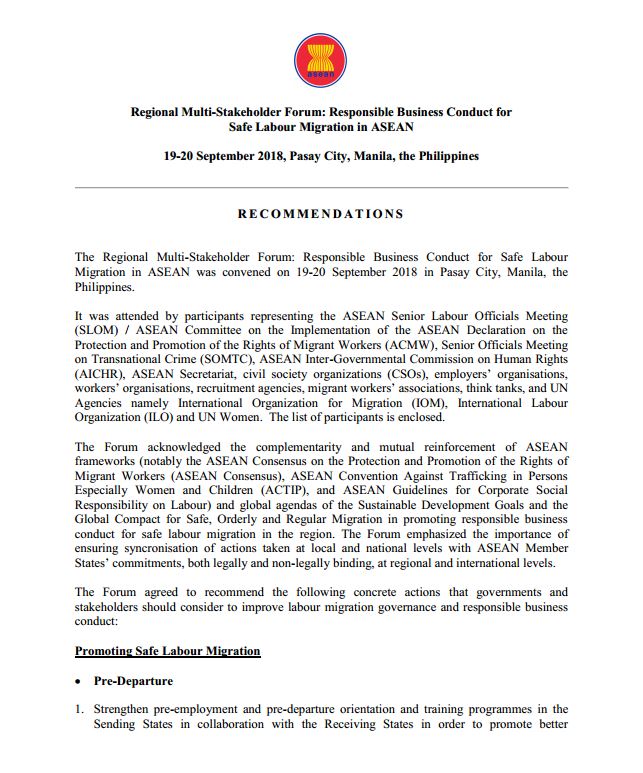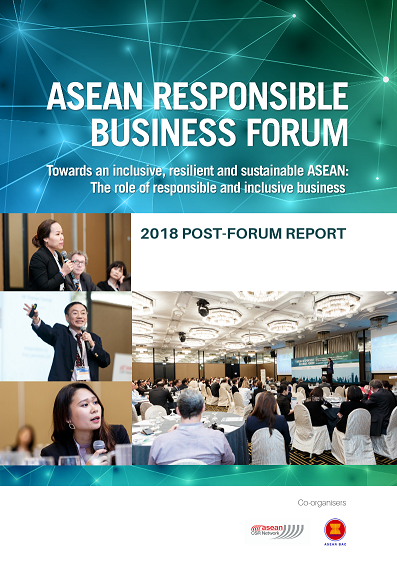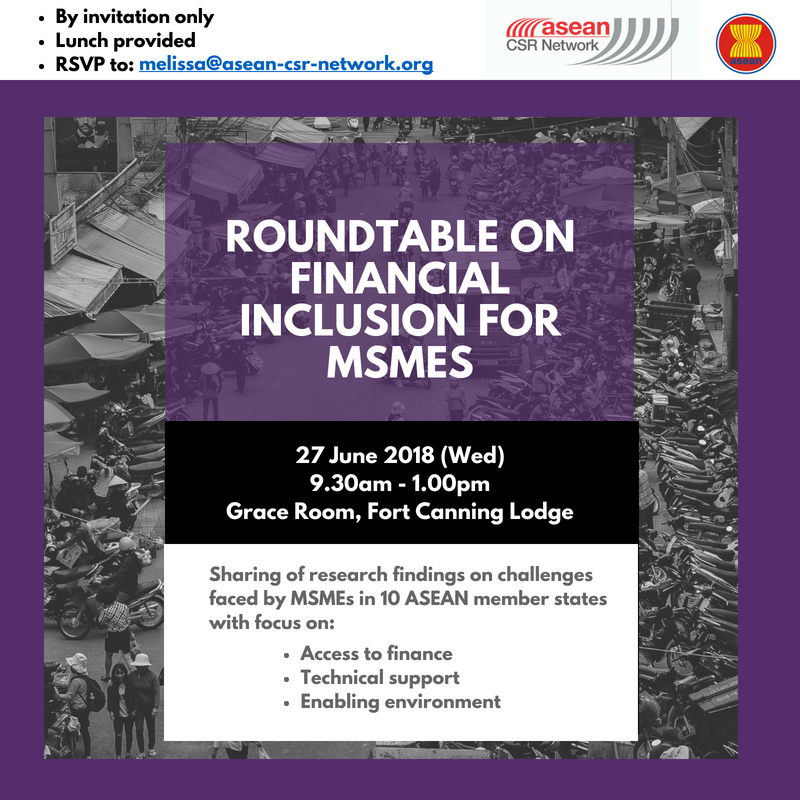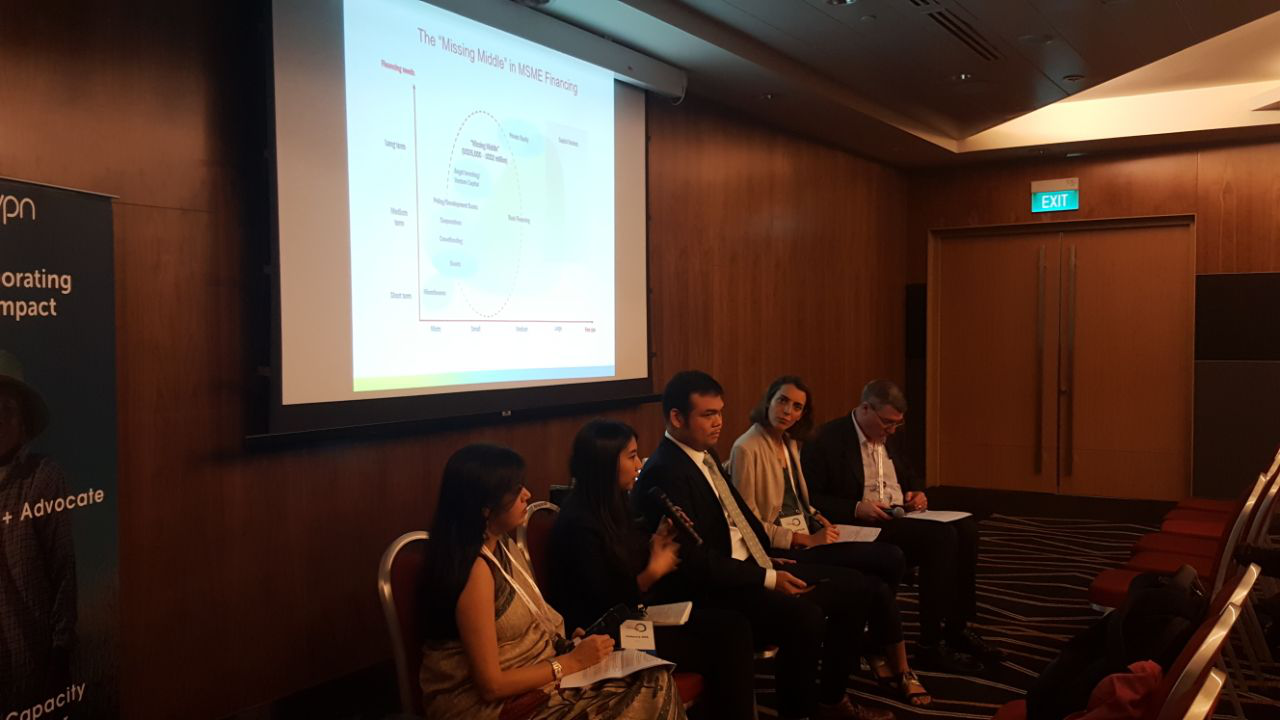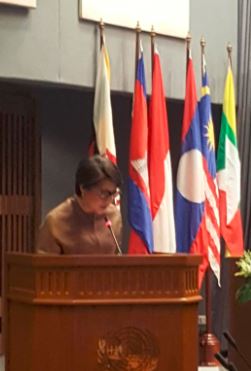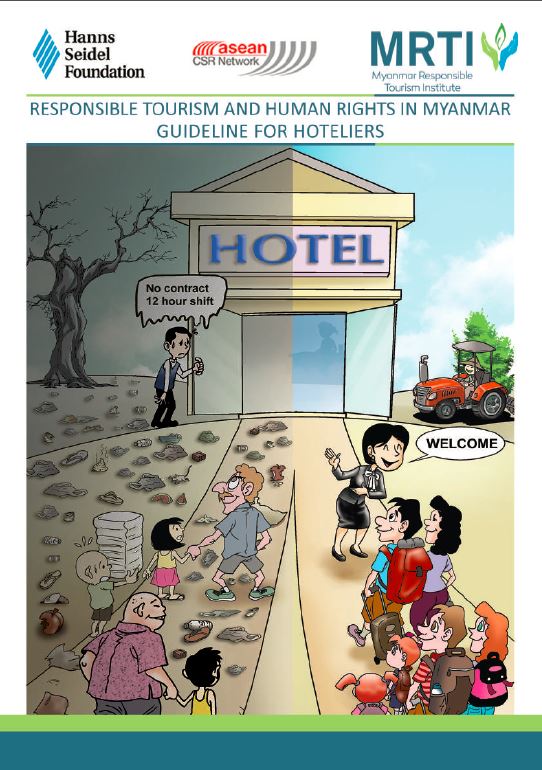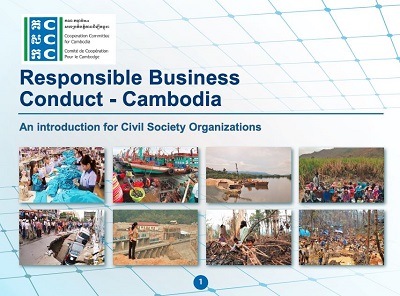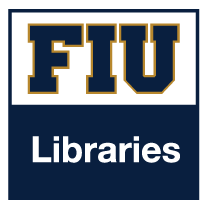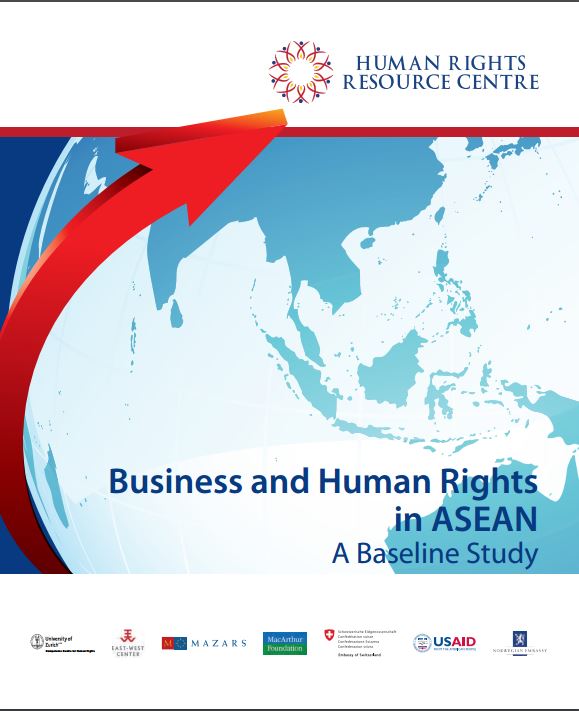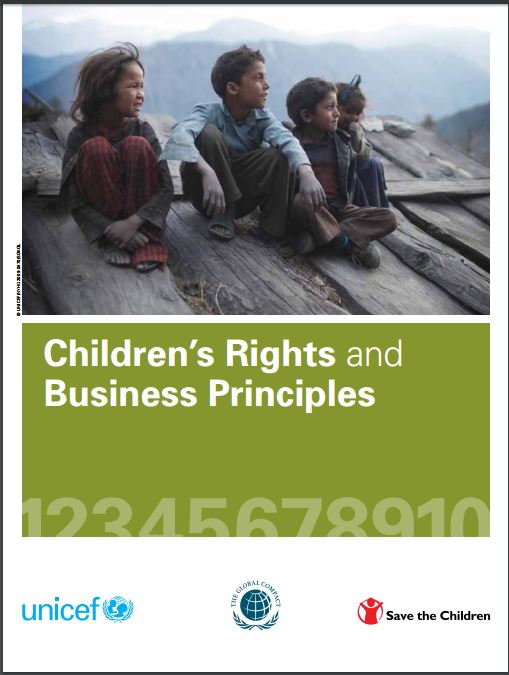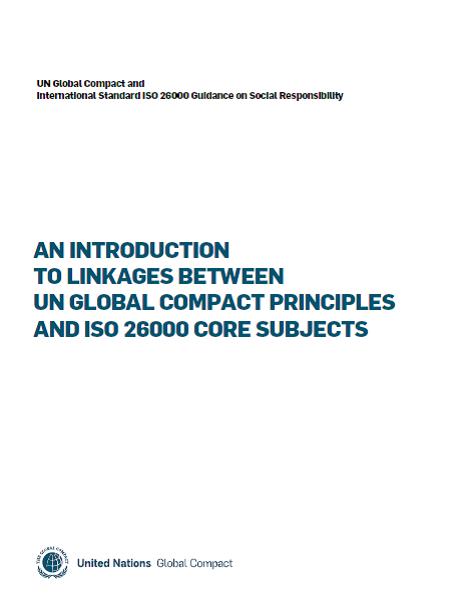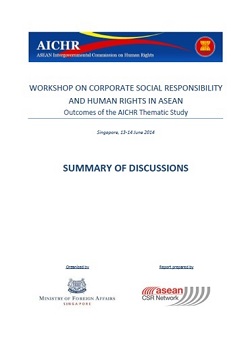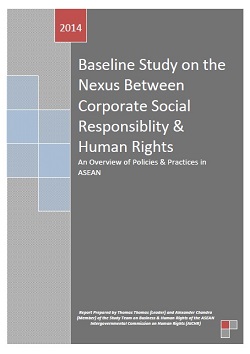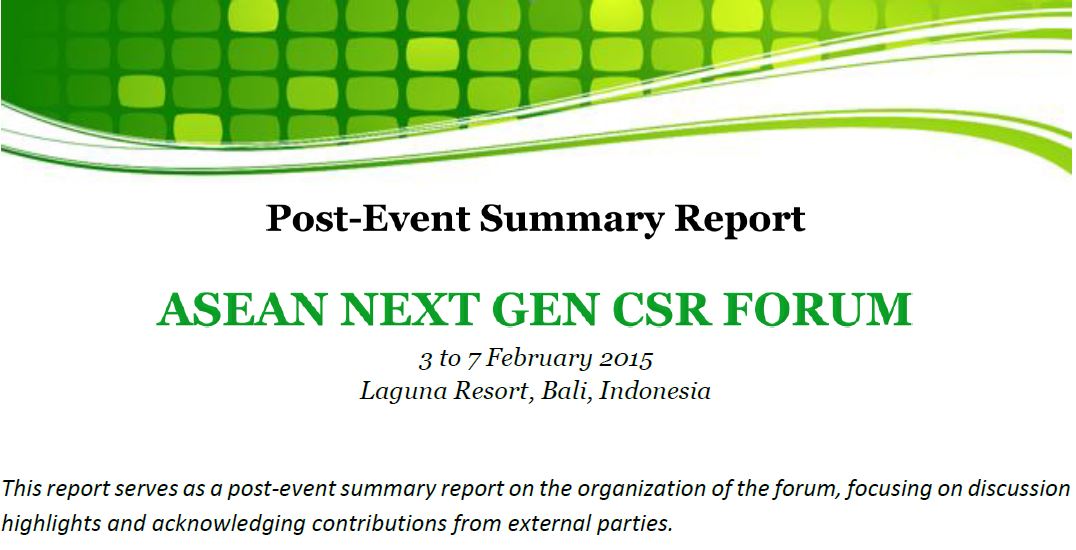HUMAN RIGHTS DISCLOSURE IN ASEAN
An assessment of human rights disclosure by the top 50 publicly listed companies in the stock exchanges of Indonesia, Malaysia, the Philippines, Singapore and Thailand found that ASEAN found that the global business and human rights movement has brought about change in ASEAN, but there is a long road ahead.
Only a fraction of companies in ASEAN have taken the first step of exhibiting awareness, readiness, compliance and strategy relative to their responsibility to respect human rights. The collaborative study between ASEAN CSR Network, the Institute of Human Rights and Peace Studies, Mahidol University and Article 30 measured companies against the UN Guiding Principles on Business and Human Rights. By identifying disclosure gaps, presenting good examples from the region and highlighting points of leverage such as National Action Plans (NAPs) and stock exchange disclosure regulations, this study provides a baseline to map a new era of business and human rights in ASEAN.
Featured findings
- Currently, human rights disclosure in Indonesia, Malaysia, the Philippines, Singapore and Thailand falls substantially short of the international norm set in the UNGPs both in terms of extent and quality.
- The presence of dedicated human rights policies serves as a strong indicator in determining whether a company has processes in place that live up to the standards the UNGPs call for.
Key recommendations
- All stakeholders can seek ways to support the Global Reporting Initiative (GRI) in their efforts to embed the UNGPs into the GRI. The GRI already has significant traction in the region and can be leveraged as a vehicle to promote human rights disclosure.
- National stock exchanges are a key determinant as to the type of information that ASEAN companies disclose. All parties would be well advised to consider ways to engage and advance the BHR agenda through these channels.
- ASEAN initiatives and institutions can be catalysts of regional change. Promoting human rights disclosure would be a concrete first step to promote UNGP compliance in ASEAN. Develop clear guidelines and expectations that can be mainstreamed throughout the region.
- National Action Plans should be utilized as vehicles to standardize human rights disclosure.
- Disclosure is not an end but a starting point. It is important that the spirit of disclosure is to advance the BHR agenda and the principles that underlie it, including tripartism, stakeholder participation, accountability, transparency and collaboration.
You can click on the link to download -
The executive summary of the report


